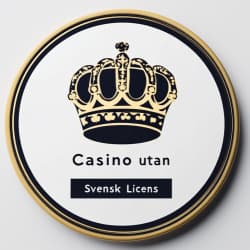
IFITT and ENTER Conferences
Connect the global eTourism Community 



ENTER 2014 in Dublin Ireland
Organized by the International Federation for Information Technology and Travel & Tourism (IFITT) the ENTER 2014 conference offers a worldwide and unique forum for attendees from academia, industry, government, and other organizations to actively exchange, share, and challenge state-of-the-art research and industrial case studies on the application of information and communication technologies to travel and tourism.
Click HERE to share with your followers on Twitter!
Not an IFITT member? Click here for Online Registration
Testimonials
Wolfram Höpken - Professor for Business Informatics, Hochschule Ravensburg-Weingarten

ENTER conferences have always been great and I enjoyed being there; excellent programme with a good mixture of research and industry presentations. There has been a very promising case study section on ENTER this year (and outstanding case studies will even be invited to the newly started case study section in the Journal of Information Technology and Tourism). I am quite excited to see how this will evolve in future ENTERs.
Speakers




















